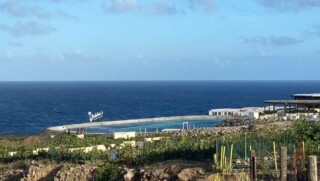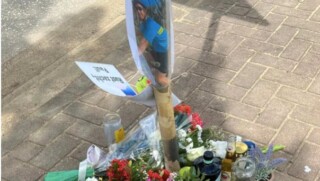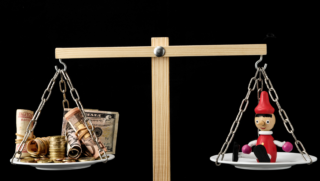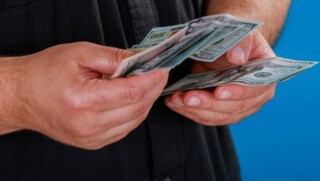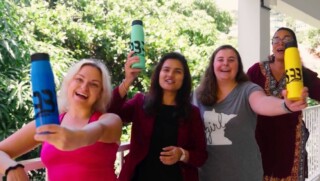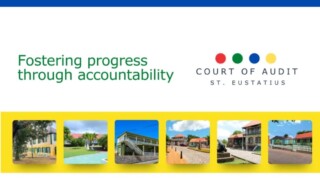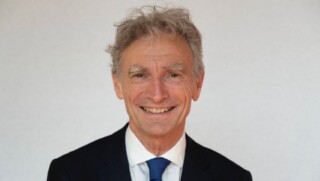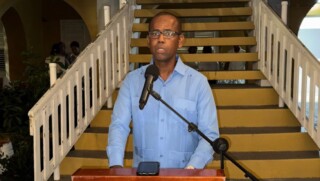Passengers in the Dutch Caribbean are being fooled about reasons for high airfares
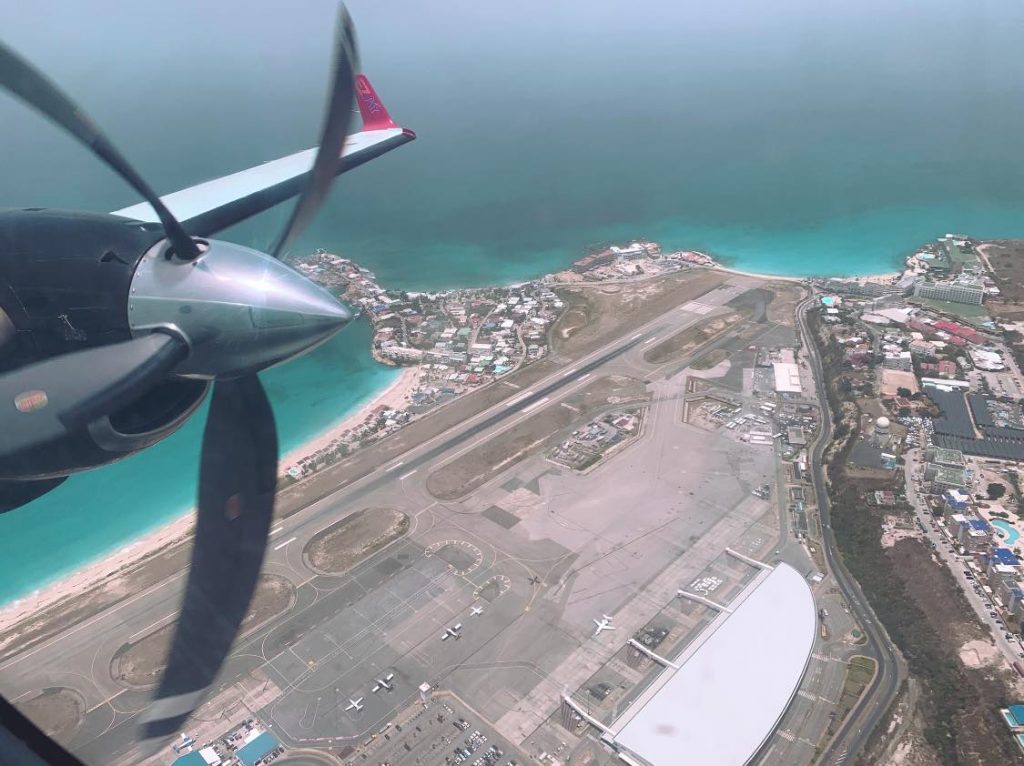
At the end of April of this year, the managements of the six commercial airports in the Caribbean part of the Kingdom announced that they would intensify their cooperation. The Dutch Caribbean Cooperation of Airports (DCCA) was formalized with the signing of a cooperation agreement.
A broad spectrum of subjects and ambitions forms the basis for this collaboration. Tears in your eyes from the wide range of topics, including ‘affordable air connections’. It’s too good to be true, and well worth investigating. It was quiet for a while but finally towards the end of October the DCCA made itself heard again in the media. Air traffic between the Caribbean islands has been in the doldrums for years, according to the directors of the airports concerned.
That is (so), due to the lack of supply they feel. The rates are skyrocketing, according to the spokesperson of the club of directors, CEO Joost Meijs. Electric flying and better connecting the islands from the perspective of the public interest. Flying ‘neighbourhood buses’ according to the public transport principle.
The first condition appears to have already been met. If you look at the pallet of providers, it is already mainly small aircraft (from DiviDivi, EZAIR, Winair, Windward Express Airways, etc.) that provide the flights in the Caribbean part of the Kingdom. However, it is the same directors, ANS providers and governments, among others, who ensure that a multitude of costs for services, fees and taxes make the flight connections unaffordable for the inhabitants of the islands who are almost exclusively dependent on air transport.
There is no environmental tax to be found in all these costs, so if the results of COP 26 are translated into charges for aviation, the costs will only increase further in my opinion. For example, one of the co-signatories, the airport operator Curaçao Airport Partners, has increased the rates of the Passenger Facility Charge again with effect from January 1, 2022 by no less than $3 on the route to Bonaire and $5 between Curaçao and Aruba and Sint, respectively. Martin. The sky seems to be the limit. Without much ado, the Council of Ministers seems to have agreed to these proposed increases. Achieving a sufficient return over the remaining term of the concession agreement (2031), which has suffered a dent as a result of the COVID pandemic and with it the decline in air traffic, seems to be leading.
The ease with which CAP has achieved the rate increase by the Council of Ministers amazes me all the more, since there has been a proposal with Parliament since 2019 in which it is proposed to levy a Passenger Safety Charge to increase aviation safety on Curaçao and thus increase the way to regain FAA CAT 1 status. A dead silence.
How can the signatories to the agreement continue to claim without blinking their eyes, that a round trip ticket of around $100 within the Caribbean part of the Kingdom should be possible. Is it possible to fly significantly cheaper with electric planes than the current generation on fossil fuels, or will there be a real discussion about the level of levies and taxes, for example by means of differentiation rates for environmentally friendly flying by all entities?
I don’t think so, so the people who blame the high fares solely on the airlines are being fooled. The idea of the bus connection also keeps dangling due to a lack of decision-making. The Hartman Committee, with the help of the Foundation for Economic Research, already established earlier in 2019 that all routes in the Caribbean part of the Kingdom are fragile and should in principle qualify for a public transport principle. Aruba, Curaçao, the Netherlands and Sint Maarten must agree on this, as these are routes that concern all countries and although this public transport principle does not necessarily have to take place with the necessary financial support, the SEO report also shows that the practice that on researched routes in Europe financial support from the government is indeed required in order to maintain a minimum level of facilities.
At the same time, the brakes must be put on the uncontrolled increase in levies, taxes and costs of ANS providers, otherwise one is carrying water to the sea. The three countries in the Caribbean part of the Kingdom seem to me, in view of the critical notes of the Cft about the financial position of the three countries, hardly capable of sustaining this financial impulse.
Hans de Jong
Hans de Jong studied Transport Economics and has a long background in Civil Aviation. From 2017 to 2020 he was Director General at Curaçao Civil Aviation Authority (CCAA). While retired from this position, he still forms part of the Supervisory Board of Directors of Winair.





